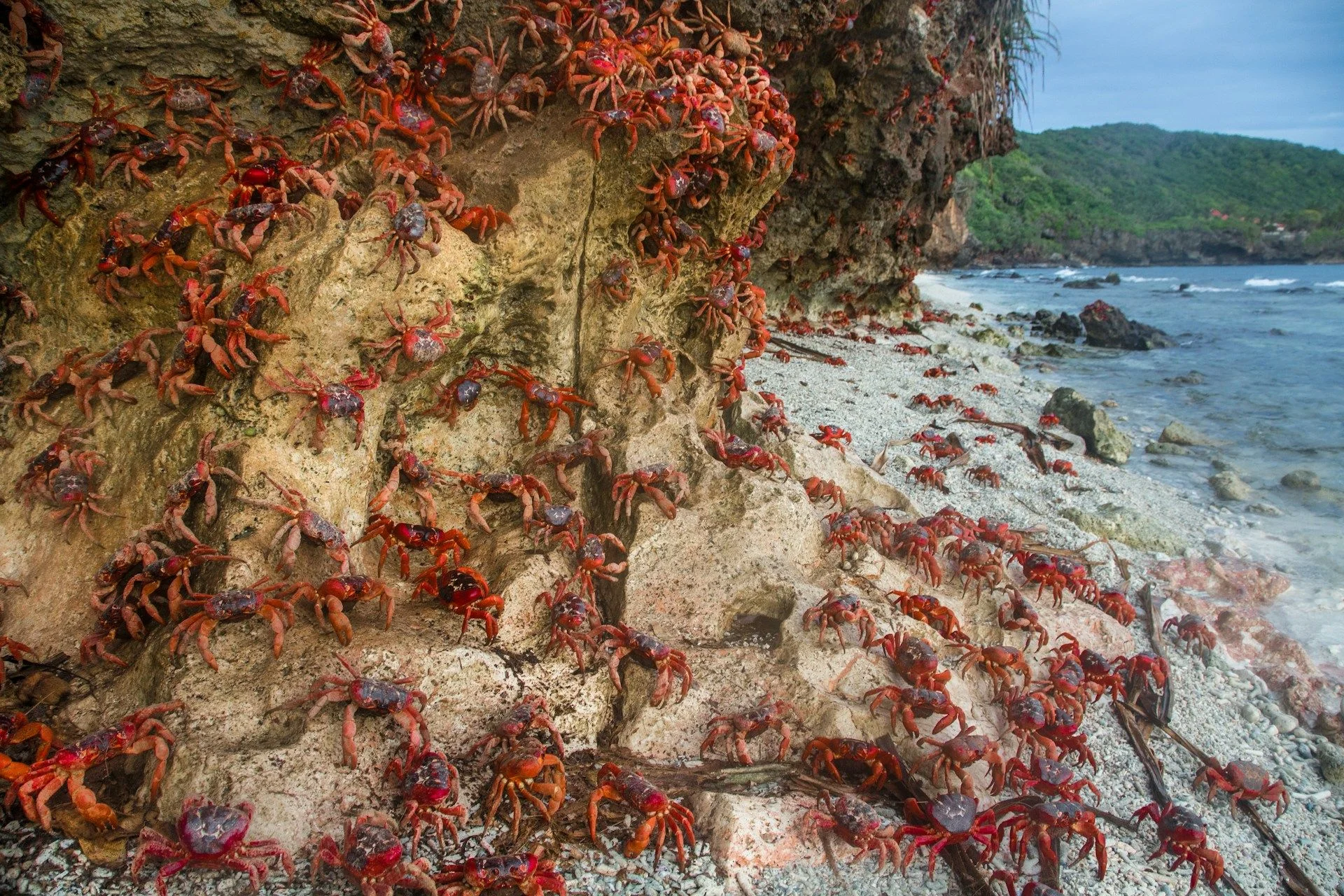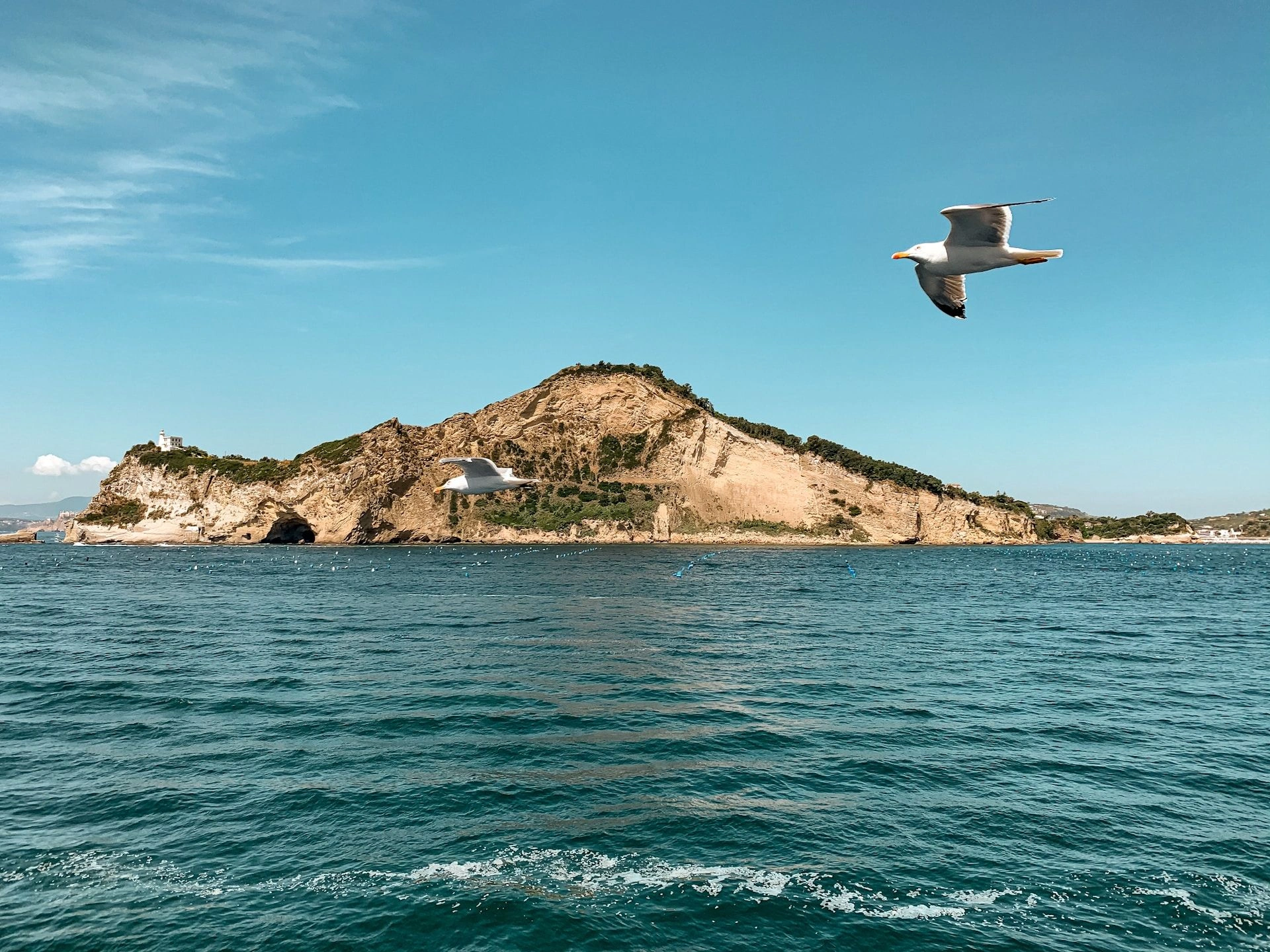Christmas Island Real Estate for Investment – Opportunities for BuyersIsland homes above cliffspalms, and ocean breeze

Best offers
in Christmas Island (Australia)
Popular
cities and regions in Christmas Island (Australia)
Benefits of investment in
Christmas Island real estate
Exclusive natural retreat with development opportunity
This remote Australian territory offers a peaceful environment, protected nature, and long-term potential for eco-investment.
Government infrastructure upgrades underway
Improvements in air access and communications support future tourism and real estate growth.
Rare market with first-mover appeal
Limited inventory and low density position investors at the early stage of long-cycle appreciation.
Exclusive natural retreat with development opportunity
This remote Australian territory offers a peaceful environment, protected nature, and long-term potential for eco-investment.
Government infrastructure upgrades underway
Improvements in air access and communications support future tourism and real estate growth.
Rare market with first-mover appeal
Limited inventory and low density position investors at the early stage of long-cycle appreciation.

Useful articles
and recommendations from experts
Real Estate on Christmas Island (Australia): Unique Market in a Remote Territory
Overview: Why Consider Property on Christmas Island
Christmas Island, a remote Australian external territory in the Indian Ocean, presents a niche real estate environment driven by eco-tourism, government employment, and isolated residential demand. While not a mainstream investment destination, the island’s untouched nature, biodiversity, and small community create opportunities for boutique eco-lodges, long-term rentals, and lifestyle-oriented projects. However, the property market is tightly regulated, with most land owned by the Australian government under long-term lease agreements.
Land Tenure and Ownership Types
Unlike mainland Australia, Christmas Island operates under a unique land ownership structure where nearly all land is classified as Crown Land, held by the Commonwealth of Australia. Freehold ownership is extremely rare. Instead, most landholders operate under long-term Crown leases.
- Crown Leasehold: Leasehold arrangements (usually 50–99 years) are the standard form of land tenure. These leases are registered and may be sold, transferred, or sublet with approval.
- Residential and Commercial Leases: Issued through the Department of Infrastructure, Transport, Regional Development, Communications and the Arts (DITRDCA). Approval is needed for all transactions and developments.
- Foreign Ownership: Subject to FIRB (Foreign Investment Review Board) approval. Foreigners may purchase leasehold interests with the same regulatory oversight as mainland Australia but require individual case assessment due to the island's strategic status.
Buyers must conduct due diligence to verify lease terms, usage permissions (residential, commercial, agricultural), and environmental constraints, especially near protected areas.
Types of Real Estate and Use Cases
Despite its small size and low population (~1,800 people), Christmas Island offers several types of real estate options, though supply is extremely limited:
- Residential Properties: Single-family homes and detached dwellings, primarily in the settlements of Flying Fish Cove, Poon Saan, and Drumsite.
- Commercial Buildings: Small-scale retail or hospitality spaces supporting the local community or tourism (e.g., guesthouses, cafes).
- Tourism Accommodation: Boutique lodges, holiday rentals, or eco-resorts targeting divers, nature lovers, and adventure tourists.
- Institutional and Government Buildings: Includes offices, schools, and service buildings — typically not for private sale.
- Vacant Leasehold Plots: Available via government tender or reassignment, subject to lease terms and zoning.
Most buildings are low-rise and constructed to withstand tropical weather. Renovation or redevelopment often requires approval from the local shire and DITRDCA.
Property Prices and Availability
The property market on Christmas Island is small and highly specific. Due to limited inventory and low transaction volume, pricing is negotiated case-by-case. However, indicative pricing includes:
| Property Type | Average Price (AUD) |
|---|---|
| 3-Bedroom House (Poon Saan / Drumsite) | $250,000 – $400,000 |
| 2-Bedroom Apartment | $150,000 – $250,000 |
| Commercial Shopfront or Café | $200,000 – $350,000 |
| Eco-Lodge / Tourism Asset | $300,000 – $600,000 |
| Vacant Leasehold Land (government tender) | $10,000 – $50,000 depending on location |
Given the small buyer base and leasehold constraints, capital appreciation is not the primary driver. Instead, ownership is often linked to personal lifestyle, community needs, or tourism operations.
Taxes and Fees
Although Christmas Island is under Australian federal jurisdiction, it operates under a unique tax regime as an external territory:
- Stamp Duty: Payable on lease transfers, calculated similarly to mainland Australia — ~3% to 5% of the transaction value.
- Annual Lease Rent: Paid to the Commonwealth government based on lease terms. Often fixed for residential leases.
- Rates and Municipal Charges: Collected by the Shire of Christmas Island for waste, roads, and basic services.
- Income Tax: Residents and businesses are subject to Australian federal income tax laws.
- Capital Gains Tax: Applies on lease transfers if significant value is realized. The same rules as mainland Australia apply.
Professional tax advice is recommended, especially for foreign investors or corporate leaseholders.
Rental Yields and Market Demand
The rental market is primarily supported by government workers, local staff, and seasonal tourism operators. Rental opportunities include:
- Long-Term Residential: Yields of 5%–7% are common for well-maintained homes, especially those rented to public servants or contractors.
- Short-Term Holiday Rentals: Demand is moderate but stable, especially from tourists visiting for diving, hiking, or witnessing the famous red crab migration.
- Commercial Rentals: Café spaces and tour operator bases may generate 6%–9% gross yields depending on tourism flow.
Vacancy rates are relatively low due to limited housing stock. However, growth is constrained by geographic isolation, transport costs, and population trends.
Investment Scenarios
- Buy-and-Rent Family Home: Lease a 3-bedroom house in Poon Saan for $300,000. Rent at $1,500/month = ~6% yield.
- Tourism Guesthouse: Acquire or redevelop a small eco-lodge ($400,000), targeting diving enthusiasts with $150/night rooms and 50% annual occupancy.
- Lease Commercial Café: Operate a tourism-focused venue near Flying Fish Cove with modest overhead and government-supported local demand.
- Land Banking: Secure Crown lease on vacant land for future tourism or environmental projects, pending zoning updates and demand projections.
Infrastructure and Services
Christmas Island has limited but functional infrastructure, maintained with Australian federal support:
- Transport: Flights from Perth (2–3 times/week). No direct sea freight for private use — supplies are coordinated through government or contractor shipping.
- Utilities: Reliable power and water supplied through local services. Internet access via satellite — adequate for basic business but limited for streaming.
- Healthcare: One hospital with basic care; serious cases are evacuated to mainland Australia. Telehealth options available.
- Education: Public school available for K–12; no tertiary institutions.
- Retail: One supermarket and several general stores. Goods and building materials are imported and more expensive than on the mainland.
The remote nature of the island creates a high cost of living but also offers privacy, security, and natural beauty.
Environmental and Development Considerations
Over 60% of Christmas Island is national parkland, protected by the federal government. Development is restricted in many areas due to:
- Protected species and fragile ecosystems (e.g., red crabs, seabirds).
- Coastal erosion and conservation zones.
- Regulations from Parks Australia and the Environmental Protection Authority.
Any construction or modification requires approval and often includes environmental impact assessment. This increases lead time for investors but ensures ecological sustainability.
Legal Process and Due Diligence
- Lease Review: Understand duration, permitted use, renewal terms, and any government rights to repossess or alter lease conditions.
- FIRB Approval: Mandatory for non-residents — especially in strategic locations or near government land.
- Valuation: Due to the thin market, independent valuation is essential. Some assets may be over- or under-valued based on isolation.
- Transaction: Handled by a solicitor and registered through federal and local authorities.
Buyers are strongly advised to engage legal counsel familiar with Australian territorial law, particularly on leasehold structures.
Conclusion: Remote Market with Environmental and Niche Tourism Potential
Real estate on Christmas Island offers a distinctive opportunity for those seeking long-term leasehold ownership in a unique, ecologically rich setting. While infrastructure is limited and resale potential modest, investors focused on eco-tourism, lifestyle relocation, or small-scale commercial use may find viable niches. Strict governance and preservation laws ensure sustainability but require thorough due diligence and patience. For those with a long-term vision and affinity for remote island life, Christmas Island stands as one of Australia's most singular property markets.

